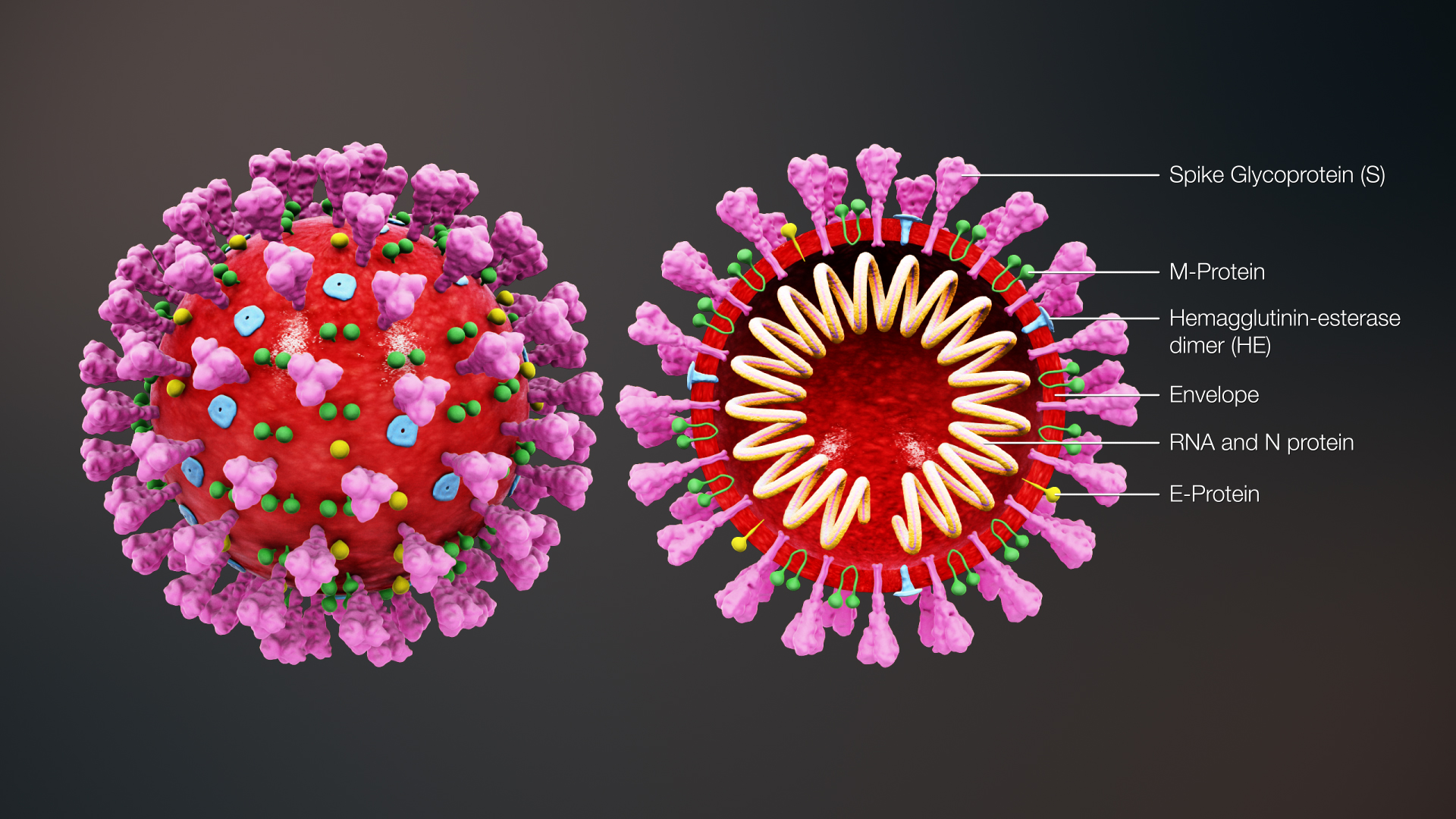You probably already know that maintaining a healthy weight can reduce your risk for serious disease. But how much weight do you have to lose to see an improvement in your health? New research shows that even small amounts of weight loss may reduce your risks.
Australian researchers looked at obese people who had been diagnosed with type 2 diabetes or were considered to have prediabetes. The participants were put on a diet that restricted their calories to between 1,000 and 1,6000 calories per day for 24 weeks, then they underwent gastric banding surgery after 12 weeks. Researchers then looked at the number of pro-inflammatory immune cells found in the blood.
The production of these cells is believed to be triggered by excess body fat, especially abdominal fat. Diseases like coronary artery disease have been linked to the chronic state of inflammation that an excess of these cells creates.
The Australian researchers found that a loss of just 13 pounds brought the number of pro-inflammatory immune cells down to levels typically found in very lean people. It was also discovered that fewer macrophages was activated in the participants’ fat tissues. Macrophages are other inflammatory immune cells found in body fat that increase the risk of inflammatory diseases. The study also showed that the amount of weight lost could be predicted by how active the immune cells in their fat were, which may give scientists an indication of why some people are able to lose weight more easily than others.







